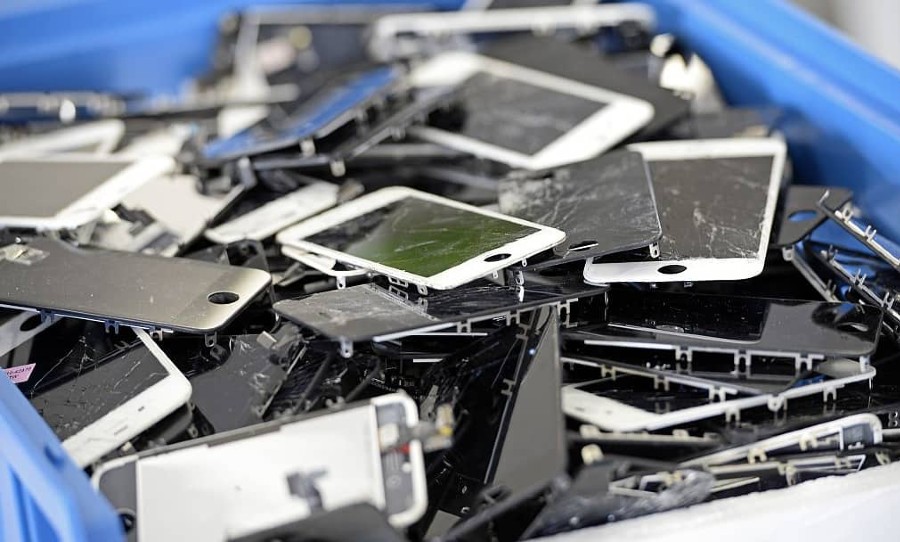Fairphone offers a 5-year warranty and aims to revolutionise the smartphone landscape by promoting sustainable and non-competitive practices.
Current smartphone production practices have a significant impact on the environment and the consumers. Many of the largest competitors, like Apple and Google, make it near impossible to receive third-party repair options, with consumers often replacing their phones entirely – an expensive and environmentally destructive act.
The Fairphone 4, whilst not the sleekest model on the market, is embracing sustainability by promoting modular components and easily replaceable parts.

According to an Ars Technica review:
“Inside the phone, you’ll find eight easily replaceable parts: the display, the USB-C port, selfie camera, ear speaker, main camera array, loudspeaker, battery, and the rubberized back. If you break anything, all of these parts will be available for sale on fairphone.com.”
With the greatest impact deriving from the initial production of a device, reducing the frequency with which consumers need to replace them is crucial to reducing environmental damage.
The production of devices has the most environmental damage, so reducing the frequency of new phone purchases will be crucial to reducing this.
The promotional page for the Fairphone 4 states, “the longer you keep it, the more sustainable it becomes. Simple.”
But regulating the industry has proven to be far from simple.
https://twitter.com/Fairphone/status/1443538999239380992
If the market-dominant companies continue unbridled, it will only become more difficult for the consumer to demand access to competitively priced third-party repairs. Many devices, including headphones and mobile accessories, are designed in ways that make repairing or replacing individual components increasingly impossible.
With companies such as Apple imposing ridiculous repair costs and voiding warrantees if third parties are found to have intervened with devices, consumers are paying the price for ever-increasing brand reliance.
Moves are being made to ensure manufacturers provide a fair and competitive market for repairs and that product designs allow for a wider scope of repair.
In Australia an inquiry into the ‘right to repair’, is investigating consumers’ ability to have their device repaired at a competitive price, including having the power to choose the repairer instead of having to rely solely on the device manufacturer’s fixed-price services.
We can make products last longer and easier to fix. Here are @choiceaustralia 's views on how we make a right to repair possible in Australia https://t.co/r9xUnGN4z5? #RightToRepair
— Erin Turner (@ErinLTurner) March 5, 2021
Healthier market competition is also gaining momentum around the world.
President Biden recently signaled that he would work towards rules that prevent companies from engaging in anti-competitive practices in a bid to prevent consumers from shopping around to repair their products.
Fairphone is an important contribution to the sustainable tech conversation, but it’s by no means a perfect solution. The new model does not feature a headphone jack. With Bluetooth buds yet to achieve a sustainable lifespan, compared to their corded counterparts, this choice raises the importance for further investigation into sustainability practices of the device industry as a whole.



